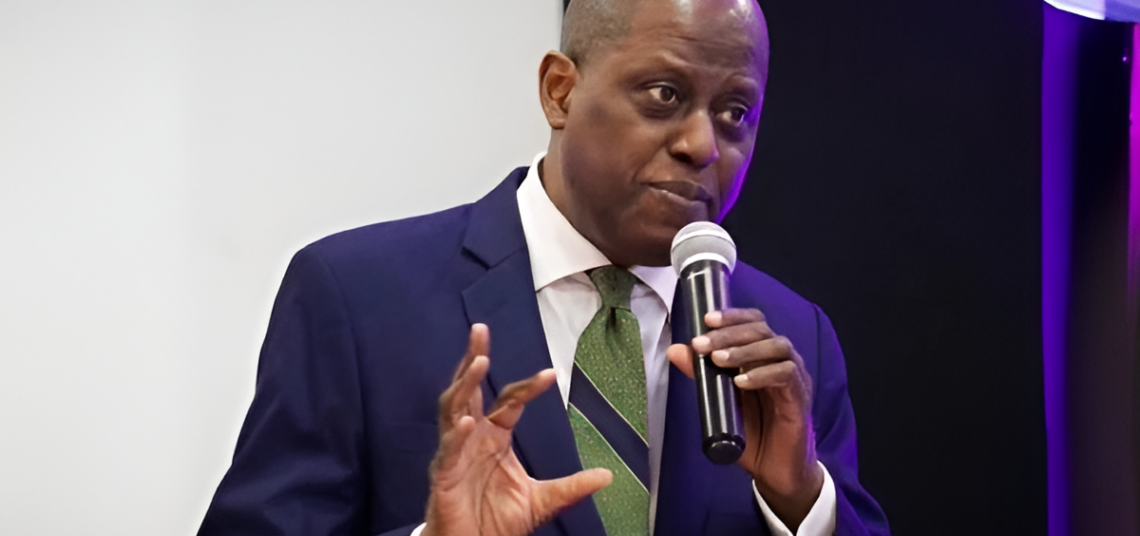(West Africa) (3 Minutes Read)
The Central Bank of Nigeria has identified that USD 2.4 billion out of the reported USD 7 billion outstanding foreign exchange liabilities of the federal government are not valid for settlement
Central bank governor Yemi Cardoso revealed this information, stressing that these invalid claims have exerted pressure on the naira and unsettled the currency market. After being concealed from public knowledge for seven years, the audited accounts of the CBN were made public last year. Auditors revealed a USD 7 billion backlog of unmet dollar demand from investors and currency users during this disclosure.
The CBN then engaged Deloitte to investigate the forex claims for an accurate assessment. According to Deloitte’s report, up to USD 2.4 billion of the reported backlog consists of false claims, with claimants unable to provide import documents in some instances. For example, not having valid import documents and in some cases, even entities that did not exist and in some cases, beneficiaries and account parties that asked for foreign exchange and got more than they asked for. And those who didn’t even ask for any and got. So, there was a whole load of infractions there, which amounted to about USD 2.4 billion out of the USD 7 billion headline figure.
Read Also:
In the past few weeks, the apex bank has given a series of directives to address the foreign exchange crisis in Africa’s largest economy and prevent further decline in the value of Naira. The bank released a circular addressing suspected cases of excessive foreign currency speculation and hoarding from Nigerian banks. hoarding from Nigerian banks. It issued an order instructing banks to offload their excess dollar reserves by February 1, 2024. It also prohibited banks and fintechs from conducting international money transfers, a move viewed as a strategic step to tackle Nigeria’s foreign exchange crisis.





